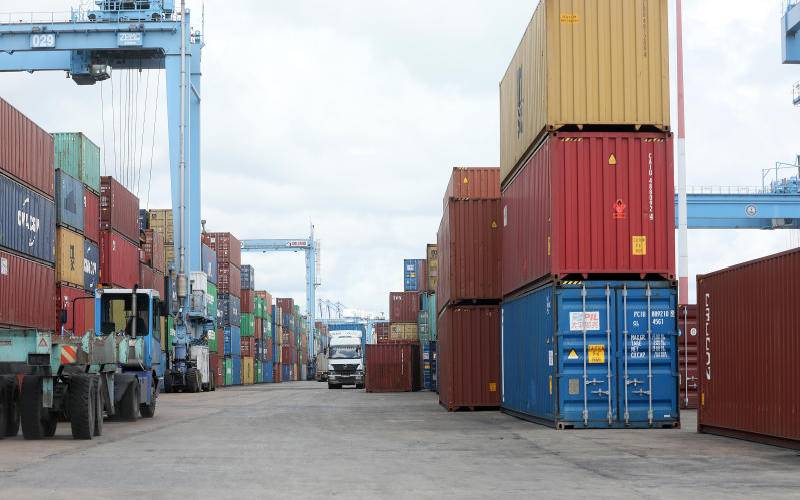×
The Standard e-Paper
Kenya’s Boldest Voice

When the coronavirus pandemic struck, the Kenya Revenue Authority (KRA) was left with a huge dilemma: how to reduce paper work needed for cargo clearance, and while at it, shorten the clearance period.